In May of this year, the National Endowment for Democracy organized a joint meeting with leaders of Serbian opposition parties and NGOs. Participants at the meeting agreed that in order to take over power the opposition should seek to maximally exploit crisis situations in the future, especially that of lithium mining. All this proves that NED has been paving the way toward the eruption of a color revolution in Serbia, Serbian Politika.rs writes, referring to a statement by the Chinese Foreign Ministry that NED is acting as the "white gloves" of the US government.

(Photo: FoNet)
According to the Chinese Foreign Ministry, for years NED has been interfering in the internal affairs of other countries, by seeking to divide society, mislead public opinion and propagate ideological education, all under the pretext of promoting democracy. The document goes on to say that in recent years NED has constantly changed tactics and is becoming more brazen.
It is more overtly meddling in the internal affairs of other countries, whipping up tempers and carrying out acts of sabotage.
The document contains a number of examples to back up their claims. Among others, it writes
- before the 2004 Orange Revolution in Ukraine, NED provided 65 million dollars to support the Ukrainian opposition,
- and later allocated $30 million to support Ukrainian NGOs.
- During the subsequent revolution in 2013-2014, NED funded the Mass Media Institute and spent tens of millions of dollars on various social media platforms in order to ramp up tensions in the country.
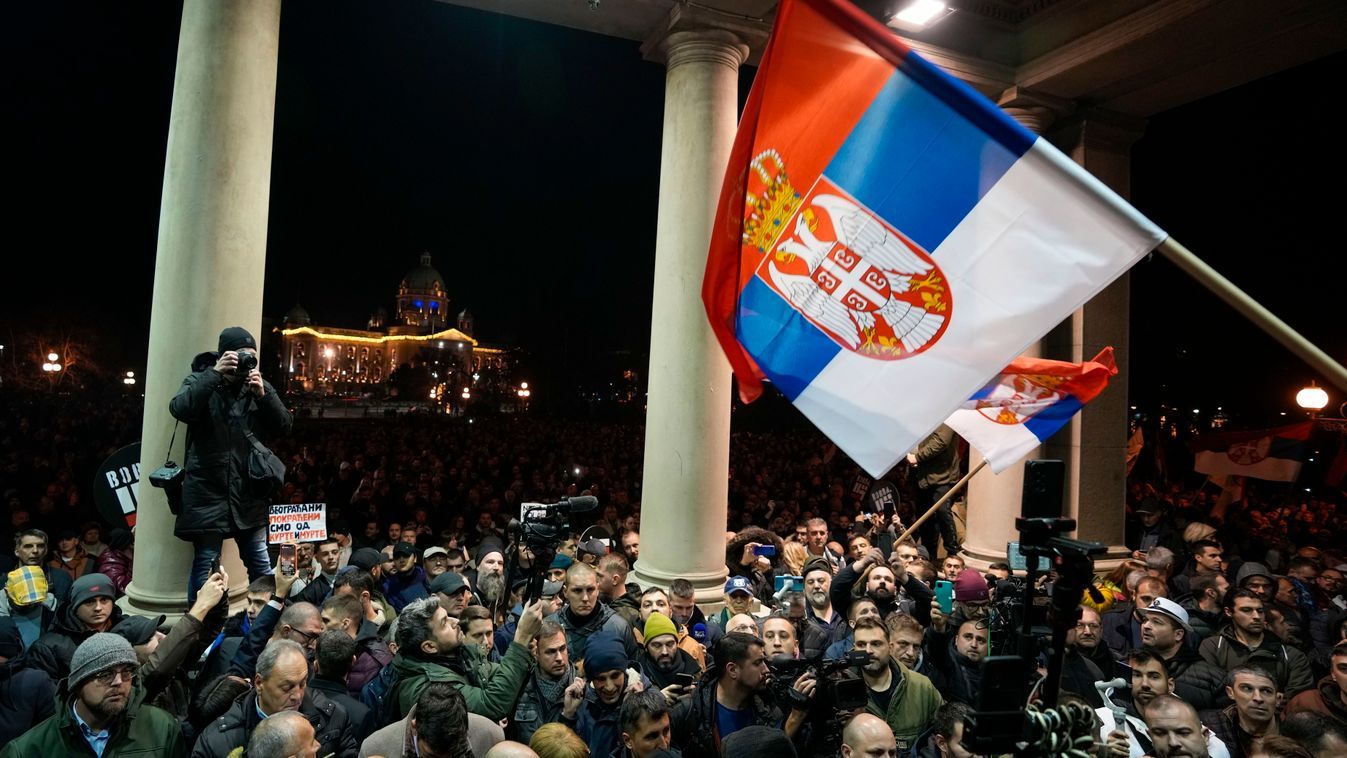
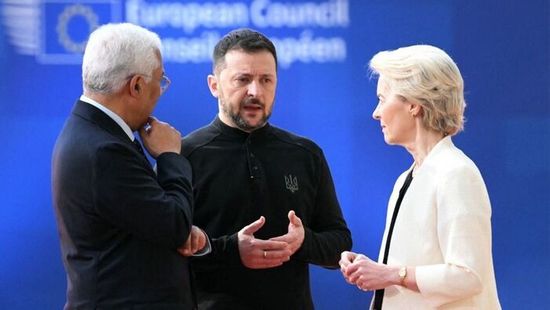

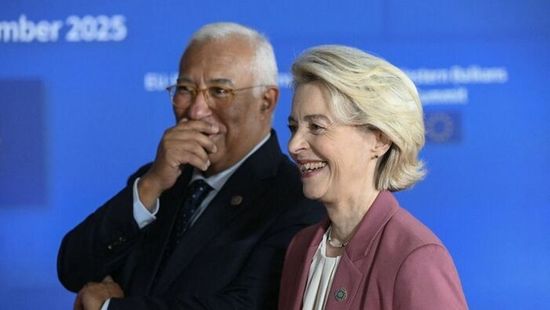


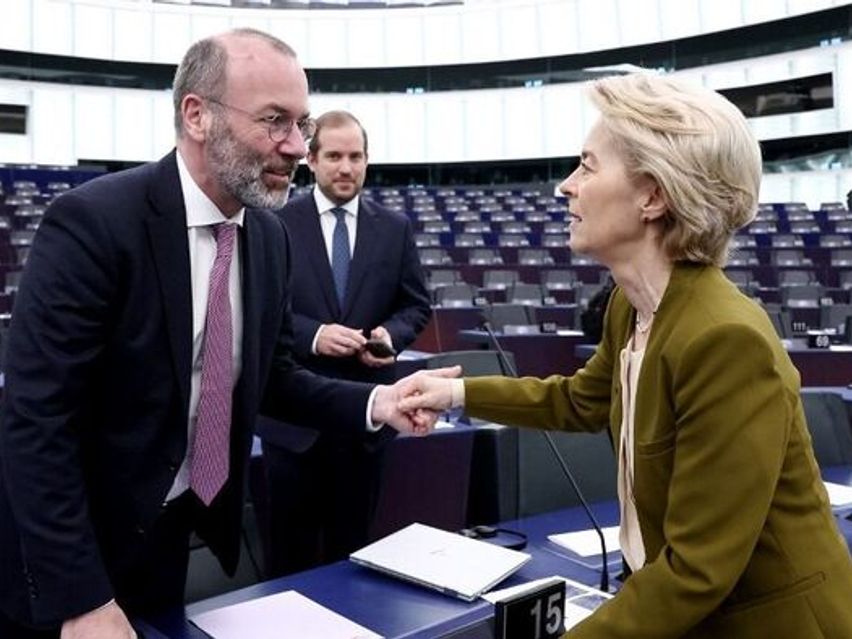

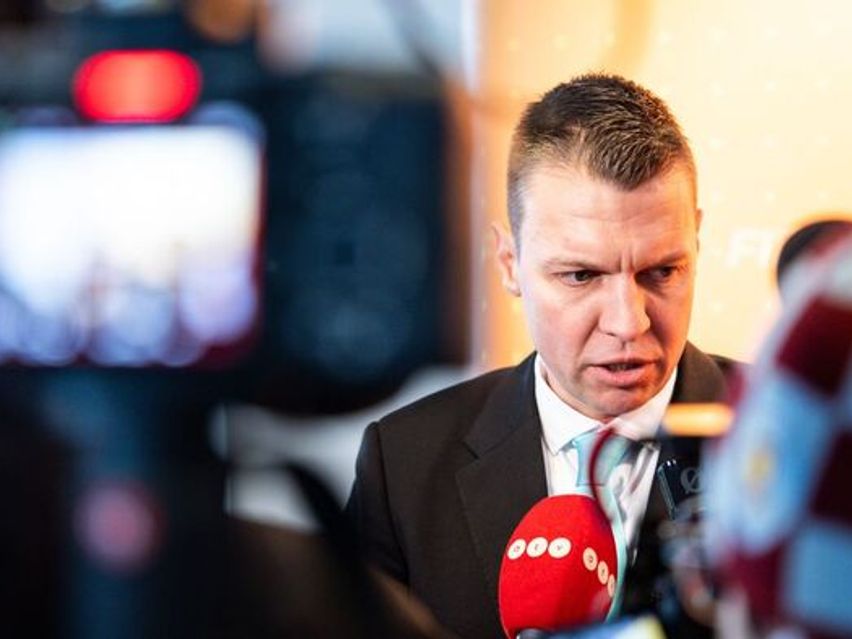






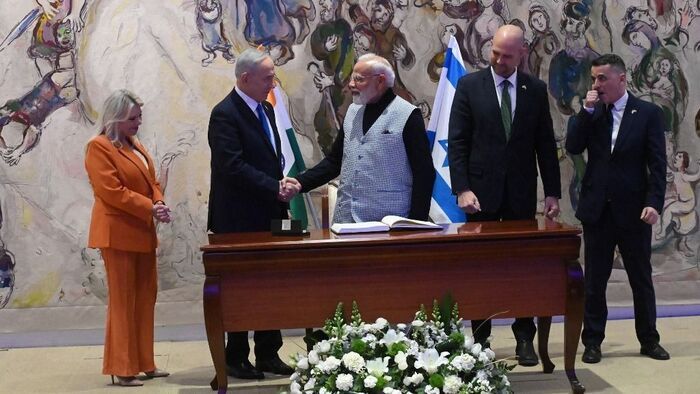
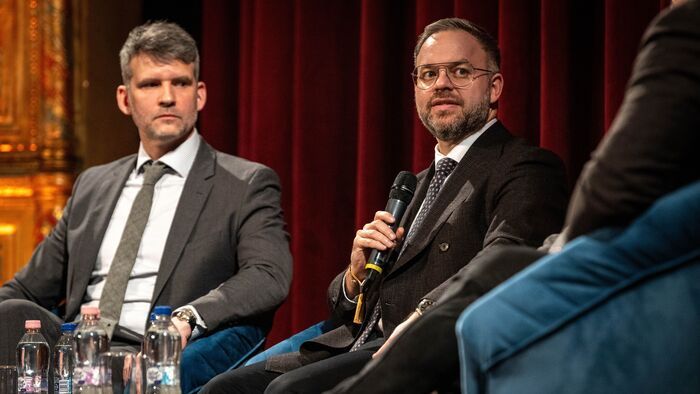
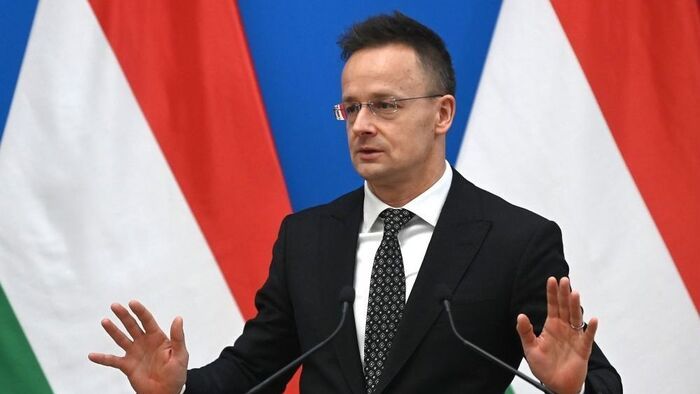


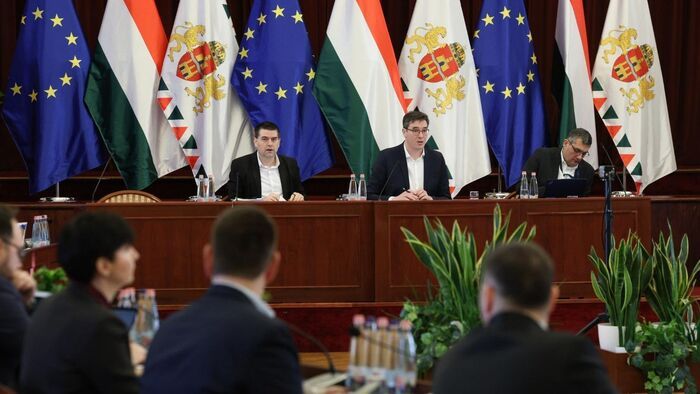


Szóljon hozzá!
Jelenleg csak a hozzászólások egy kis részét látja. Hozzászóláshoz és a további kommentek megtekintéséhez lépjen be, vagy regisztráljon!